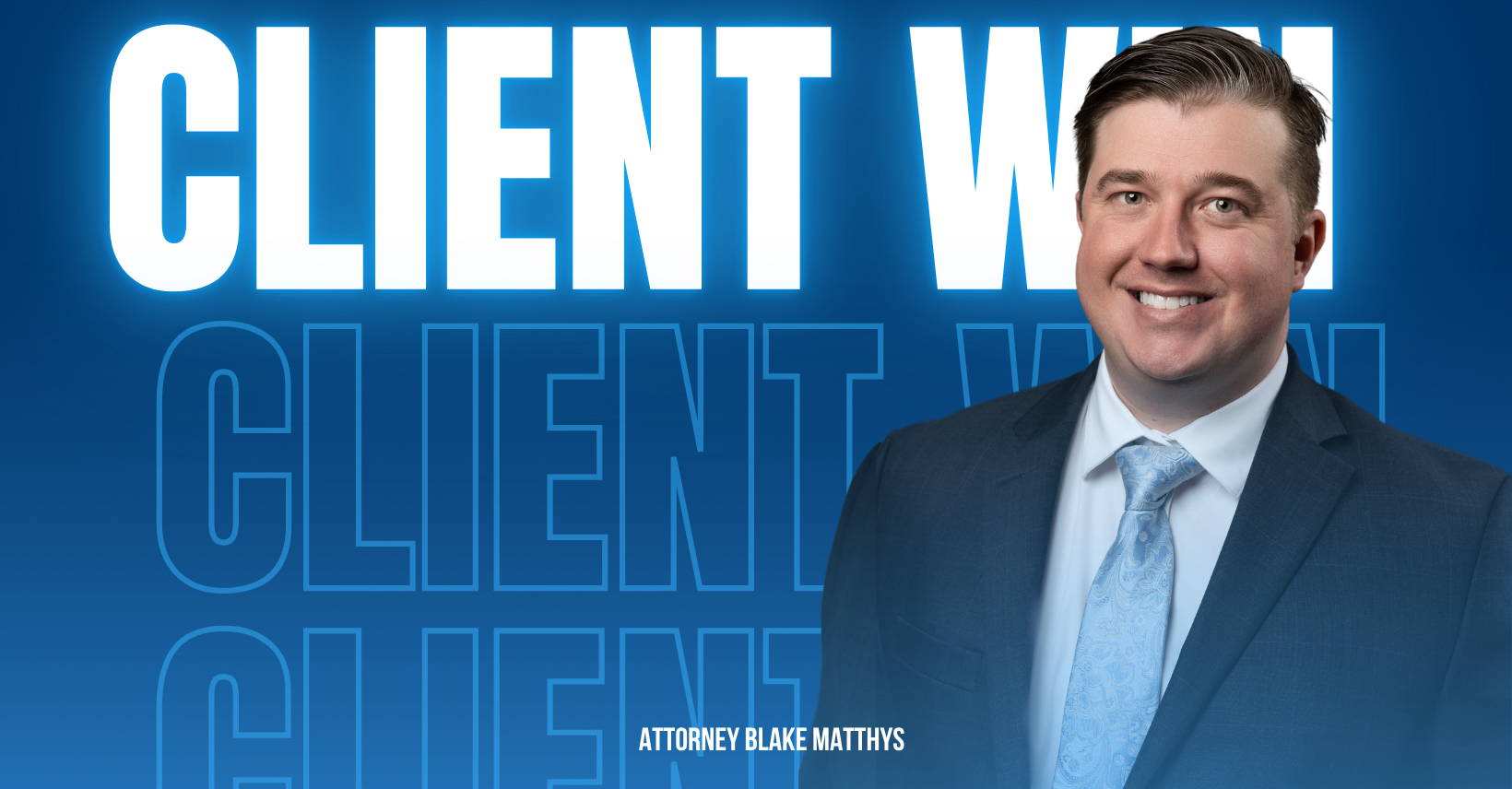The heart doesn’t just stop during a heart attack. Instead, the organ struggles to pump blood as well as it should causing shortness of breath, weakness, swollen legs and feet and other symptoms. Cardiovascular conditions, coronary heart disease and valvular heart disease, are predominant causes of heart failure. However, heart failure may also be an adverse reaction induced by drug therapy including prescription drugs and over the counter medications.
How do medications affect the heart?
Medications whether they are prescribed or over the counter drugs may have unintended consequences for heart failure patients. Because some drugs have the potential to trigger or exacerbate heart failure, The American Heart Association has warned heart failure patients to watch what medications they are taking.
Some medications can cause or worsen heart failure because they:
- Are toxic to your heart muscle cells
- Affect the strength of heart muscle contractions
- Worsen high blood pressure
- Prevent heart failure medications from working how they should
- Contain more sodium than advised for patients with heart failure
It is also important to note that the number of medications consumed may also increase the chances of heart failure. Generally, individuals suffering from heart failure take about seven different prescription medications a day. Different doctors often prescribe these drugs. This can put the heart at risk because the more drugs that are consumed, the more likely a drug-drug interaction that can lead to heart failure from medications will occur.
What medications can increase the risk of heart failure?
There are several medications that can lead to heart failure. In many of these situations, these medications are prescribed by physicians and marketed heavily by pharmaceutical companies.
Heartburn drugs
Proton Pump Inhibitors (PPIs) are heartburn drugs including Prevacid, Prilosec and Nexium. PPIs may contain high amounts of sodium, which can damage the arteries and increase the risk of health problems such as a heart attack, kidney failure and dementia.
A 2016 study exposed endothelial cells to Nexium and compared the results with the results of another class of heartburn medication called H2 blockers. Shockingly, the cells exposed to Nexium had a “fried egg” look while the cells exposed to H2 blocker showed no signs of aging. The “fried egg” look occurs because PPIs impair lysosomes, preventing acid production. As a result, the artery cells age due to the “garbage” build up.
Nonsteroidal anti-inflammatory drugs (NSAIDs)
Diclofenac, ibuprofen, indomethacin, and ketorolac are pain relievers that make you retain water and salt, making it harder for your blood to flow. In addition, they can cause difficulties in the effectiveness of diuretic drugs that treat high blood pressure. NSAIDs may also increase blood pressure.
Diabetes medications
Patients with heart failure who take Thiazolidinediones (pioglitazone, rosiglitazone) are likely to retain fluids and gain weight. These diabetes medications increase the chances of heart-healthy patients developing heart failure. Doctors have yet to determine why individuals with heart failure end up in the emergency room after taking dipeptidyl peptidase-4 inhibitors such as alogliptin, linagliptin, saxagliptin and sitagliptin.
Blood pressure medicine
After taking central agonists such as clonidine or moxonidine, there may be changes in the way your body releases hormones that affect your heart.
Over-the-counter drugs (OTC)
OTC drugs can make heart failure worse just like prescription drugs. If you don’t have heart failure, consuming OTC raises the likeliness that you may need to visit the hospital for heart failure in the future. Some cold medications, such as nasal decongestants, can worsen your heart failure because of the amount of sodium they contain. When choosing a nasal decongestant, look for vasoconstrictor on the label. If you spot it, make sure you are only taking the dosage required for a safe amount of time. Otherwise, you may develop heart problems because decongestants can raise heart rate and blood pressure.
Your doctor should be able to provide you with a list of safe OTC drugs along with information on what to avoid on product labels.
Herbal and natural supplements
Some of these products can either slow down or speed up the heart rate to unhealthy levels. Supplements, herbs and natural remedies should not be taken to manage heart failure symptoms. These alternatives to medicine may be dangerous for people with heart failure. For example, some herbal and natural supplements can raise blood pressure and even interfere with commonly used heart failure medications. An increased risk of bleeding may also be the aftermath of taking herbal and natural supplements.
How can I reduce my risk of developing heart failure from medications?
It is critical that you keep your health care providers up to date on the exact medications and supplements you are taking to keep your risks low. Be sure to:
- Gather all the drugs and supplements you take and write them down before heading to your doctor’s visit. Be sure to include how often each medication is taken along with the dosage.
- Ask a healthcare professional if there are any medications that you can reduce the dosage on or stop taking altogether.
- If you have more than one doctor, choose one who will oversee all of your medications. Inform your doctor if you get any new prescriptions so that they can inform you of any increased heart risks.
- Make sure to get clearance from the health care provider you choose to be in charge of your medications before taking any over the counter drugs.
How The Carlson Law Firm can help
If you or a loved one experienced heart failure from medications, we are ready to help. The compassionate attorneys at The Carlson Law Firm, we understand that serious injuries can harm entire families. We have the resources required to protect your rights against large pharmaceutical companies and are not afraid to use them. Let us analyze your case and determine if you have a dangerous drug claim. Contact us for a free, no-obligation consultation. We care, we can help.





